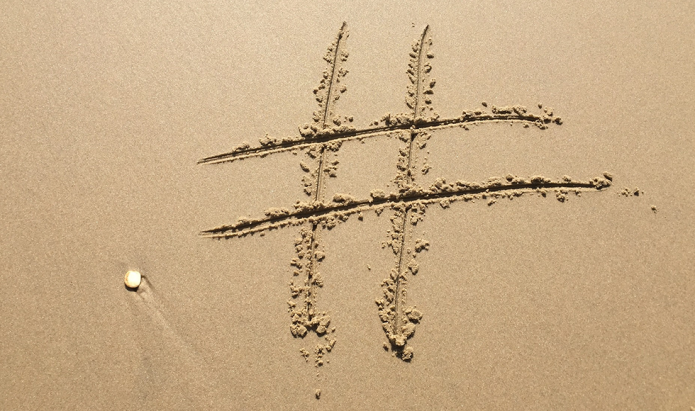I came across something interesting recently that got me thinking. Social Media was abuzz with how various key figures and celebrities were tweeting pictures of themselves with the hashtag #bringbackourgirls related to the abduction of more than 200 schoolgirls by Islamist militant group, Boko Haram in Nigeria. A few checks by the BBC have lead to the belief that Ibrahim M Abdullahi, a Nigerian lawyer was one of the first to tweet using this hashtag on April 23rd. This started what has become a worldwide trending campaign having been tweeted and retweeted over a million of times. Many faces have rallied around what has become a big social media cry for freedom. The appeal is being supported with tweets from the likes of Malala Yousafzai, US First Lady Michelle Obama (who tweeted a picture of herself holding a sign inside the Whitehouse with the hashtag), Hilary Clinton, Amy Poehler, Angelina Jolie, Jessie J, Kerry Washington, Anne Hathway and Chris Brown, to name but a few. There is now even a facebook page with regular posts dedicated to the issue.
The hash tag that rebounded
While the momentum of this hashtag alone is quite impressive, this is not quite what caught my eye. Along with the #bringbackourgirls hashtag another hashtag seemed to gain equal traction. This was #realmendontbuygirls. Tweets with photos of actors such as Sean Penn and Justin Timberlake holding up signs were being retweeted. What is surprising is the fact this is not a new campaign at all but something started in 2011 by Ashton Kutcher and Demi Moore to fight child trafficking. It is interesting how the internet dredged up this hashtag and saw it relevant enough to have another round with it. Even though the nomenclature of the actual hashtag itself does not immediately associate with the issue at hand – the kidnapping of girls by Boko Haram. The reason it did get traction was because news that Boko Haram was threatening to sell the girls prompted a woman in New Jersey in the US to use the hashtag again. The resulting snowball effect had the old campaign posts being dredged up and being retweeted by Nigerians and American citizens. The celebrities in question themselves did not retweet these posts.
Hacking the dynamic of hash tags
Step back and think about the life of a hashtag and its association. While brands can’t quite copyright a hashtag, with continuous usage or permutation combinations they can ensure that a certain hashtag or a set of hashtags are as synonymous with a brand as its slogan. But the nature of the hashtag means that anyone can hijack a brand’s effort to ‘own’ the hash tag. What’s more a hashtag that has been used for some specific marketing activity can later be dredged up by another competitive or non-related brand and used in a different context. Unless the target audience is aware of the prior association, there is no way in which the original brand can protect itself from such usage. The question is shouldn’t it? Should there be a distinction between general purpose hashtags and branded hash tags?
One argument is that this kind of thinking defeats the purpose of the hashtag itself. As a device to collate related posts or tweets. From an advertising standpoint, this mechanism lays advertisers bare to ambush marketing tactics online that you sometime see at Super Bowl time or between big brands like Coca Cola and Pepsi. If there was a viable way to make a distinction while not affecting the functionality of the hashtag however, I am sure that Facebook and Twitter could make big money auctioning off hashtags or licensing them. Imagine if you could have your brand’s logo pop up if you were to hover over a hashtag or have its jingle play. Now that would be the makings of a branded hashtag.




